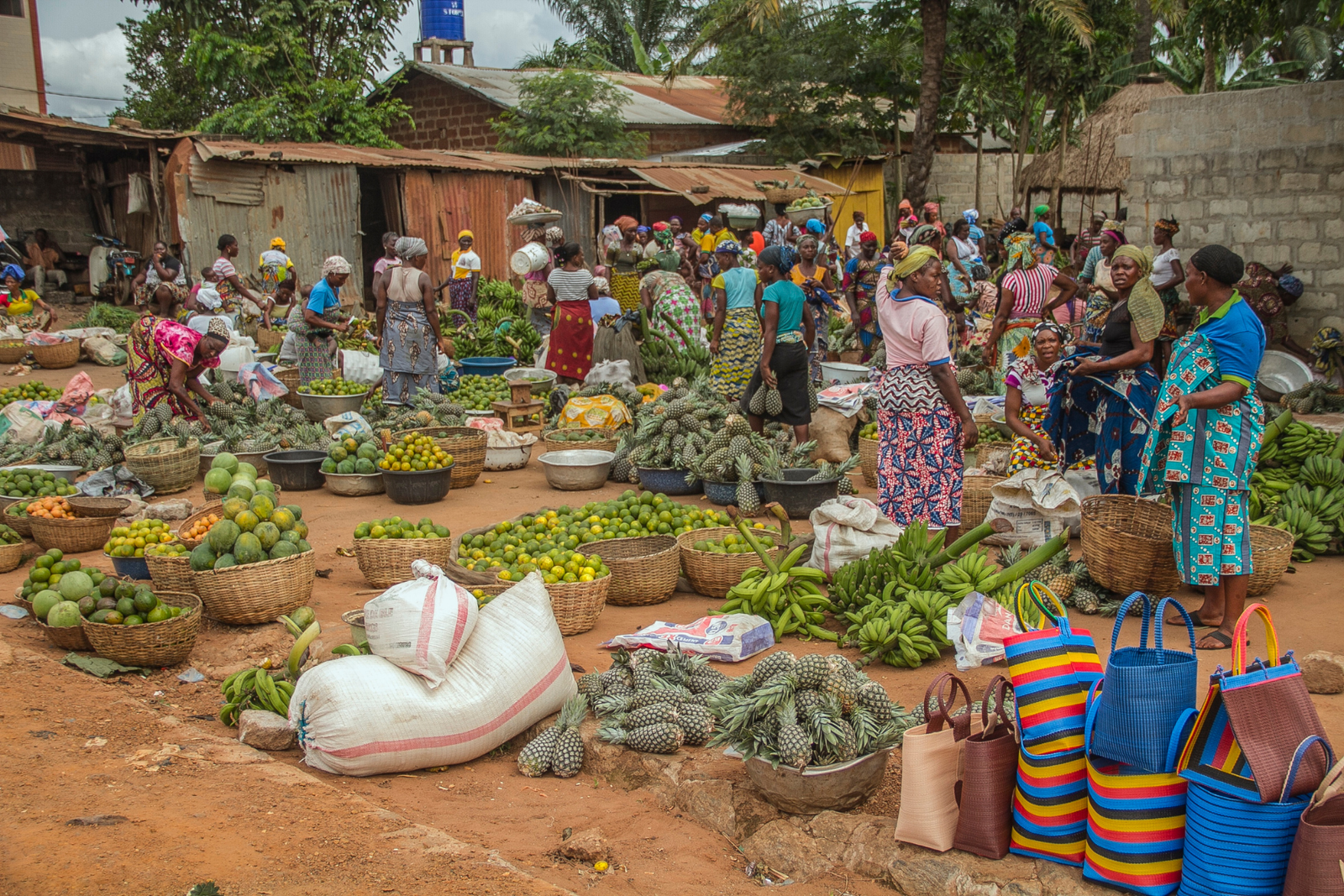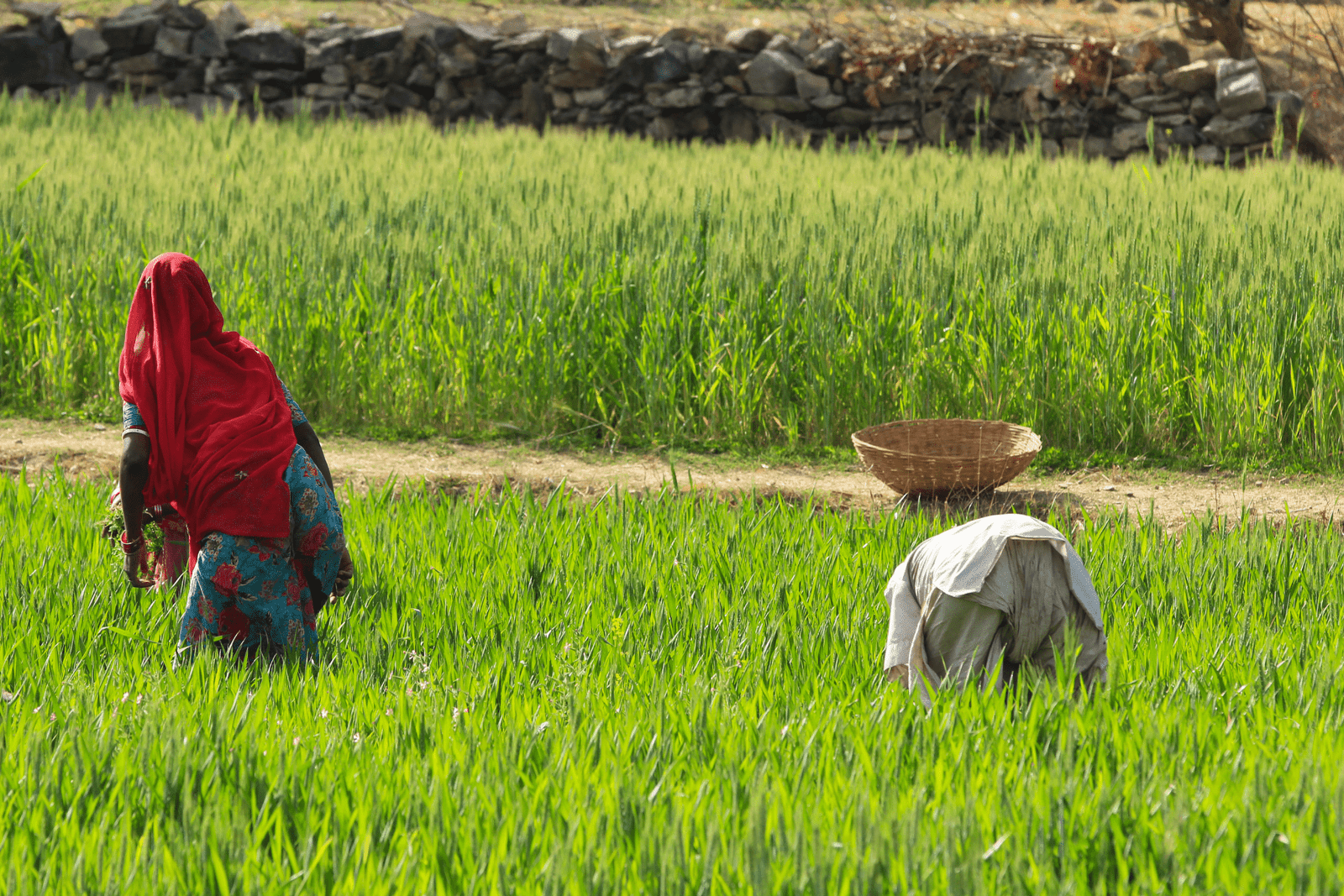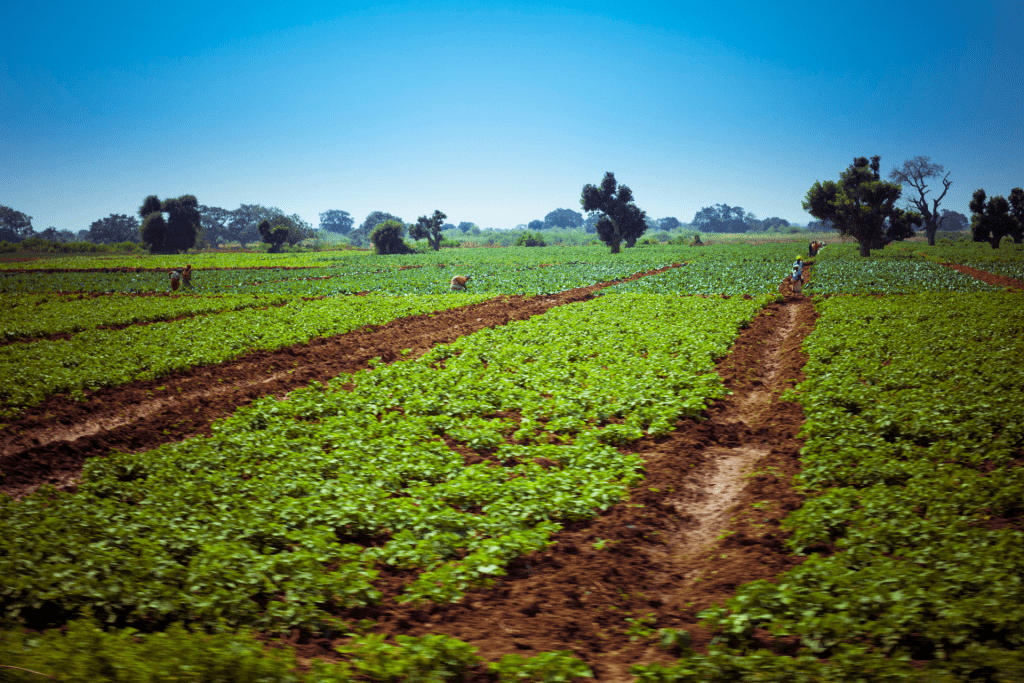- Privacy Statement
- Digital Accessibility
- Non Discrimination
- Equal Opportunity
Copyright © 2024 IFP-EH. All rights reserved.
Vulnerable displaced persons

Share
The socio-political unrest has led to the displacement of people which in turn limits access to fields and livelihoods. This situation, coupled with the challenging humanitarian access to certain localities and low coverage of food assistance due to a lack of resources has led to a nutritional and acute food insecurity situation (crisis) among the displaced and vulnerable populations in urban, peri-urban, and bush areas. The humanitarian needs overview 2021 drafted by OCHA in several regions reveals that much still needs to be done in getting Cameroonians out of the food crisis.

Food insecurity is highest in the North-West, South-West, Far North, Littoral, and Adamawa regions. According to the national survey on nutrition and food security (ENSAN) from September 2020, the NorthWest (40%), South-West (30.7%), Littoral (25.1%), Far-North (24.8%), Adamawa (22.1%), and the West (20.5%) are the most affected by food insecurity in September 2020.
Access to a plot does not allow them to have control over it, as they have limited opportunities to assert their rights. International organizations like the World Food Program, WFP, have played major roles in ensuring food security in some regions of Cameroon. In 2018 and 2019 WFP supported 1.6 million people, meeting acute food needs and reaching 89 percent of planned beneficiaries through food distributions and 77 percent through CBTs. At the outcome level, household coping strategy index scores increased, but improvements in diversity scores were mixed.

Sign-up to receive announcements, event information, and our most up-to-date news items.
Copyright © 2024 IFP-EH. All rights reserved.
| Cookie | Duration | Description |
|---|---|---|
| cookielawinfo-checkbox-analytics | 11 months | This cookie is set by GDPR Cookie Consent plugin. The cookie is used to store the user consent for the cookies in the category "Analytics". |
| cookielawinfo-checkbox-functional | 11 months | The cookie is set by GDPR cookie consent to record the user consent for the cookies in the category "Functional". |
| cookielawinfo-checkbox-necessary | 11 months | This cookie is set by GDPR Cookie Consent plugin. The cookies is used to store the user consent for the cookies in the category "Necessary". |
| cookielawinfo-checkbox-others | 11 months | This cookie is set by GDPR Cookie Consent plugin. The cookie is used to store the user consent for the cookies in the category "Other. |
| cookielawinfo-checkbox-performance | 11 months | This cookie is set by GDPR Cookie Consent plugin. The cookie is used to store the user consent for the cookies in the category "Performance". |
| viewed_cookie_policy | 11 months | The cookie is set by the GDPR Cookie Consent plugin and is used to store whether or not user has consented to the use of cookies. It does not store any personal data. |